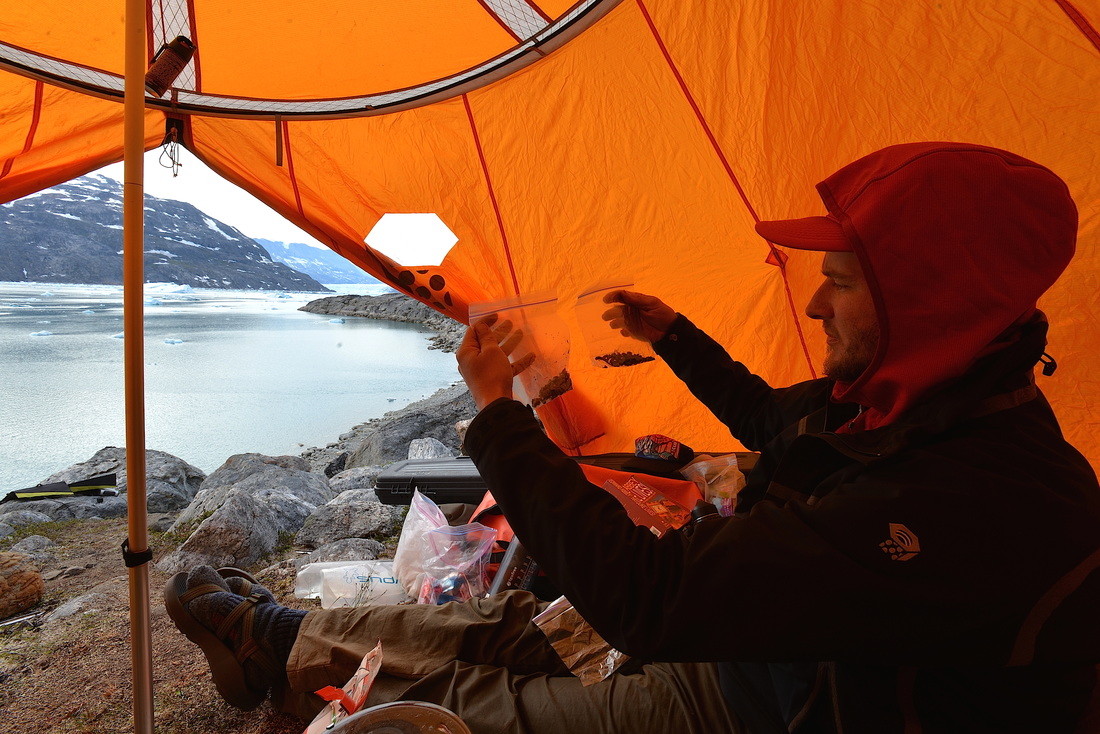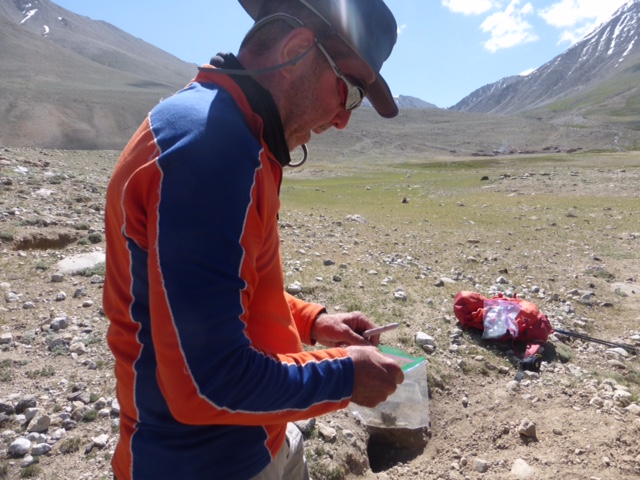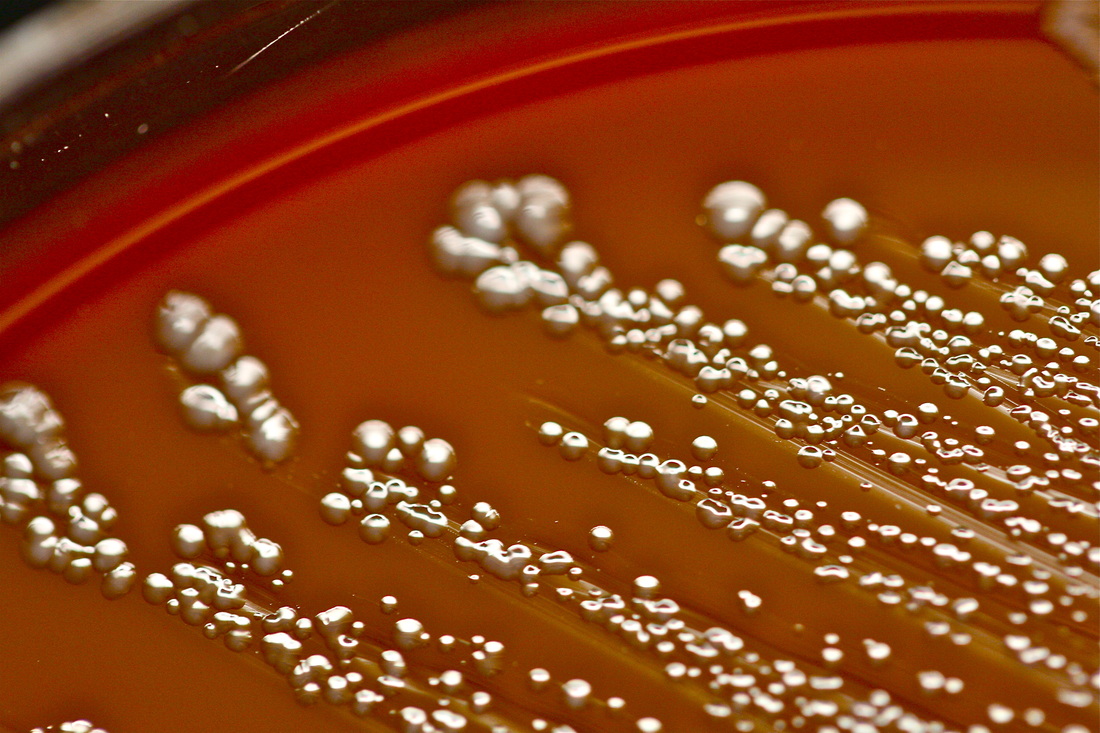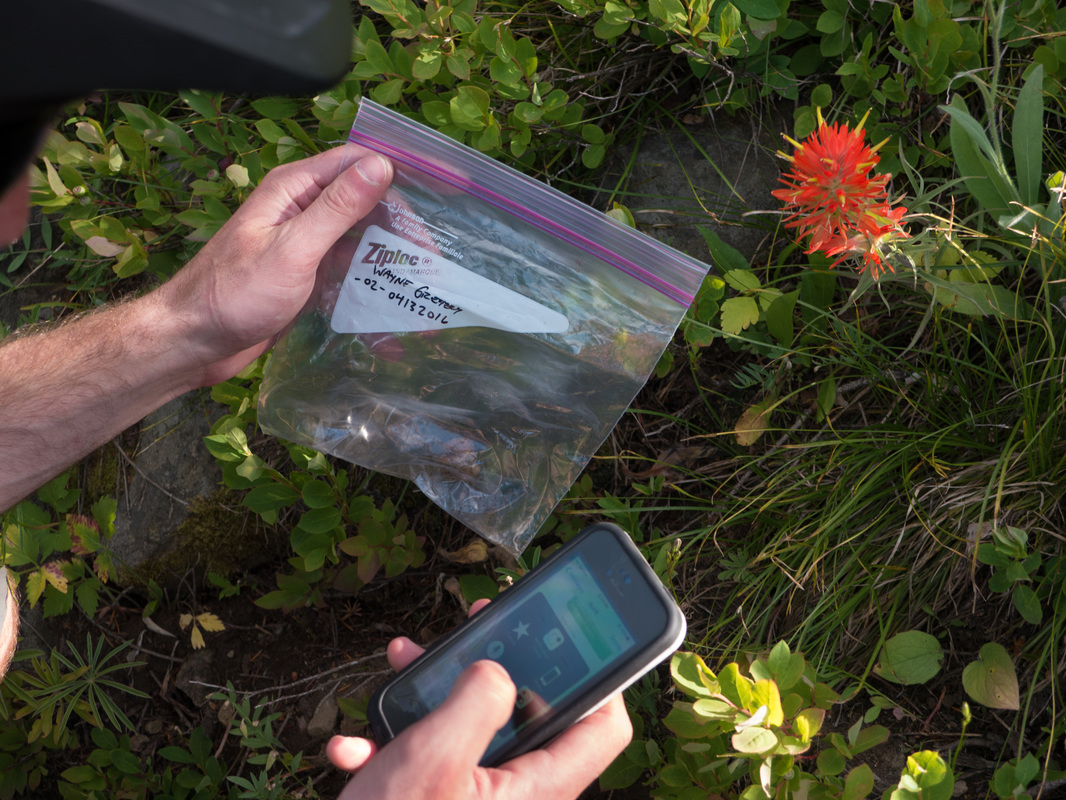GLOBAL MICROBE STUDY
In 2016, adventurers collected over 100 scat samples from around the world, including from marmot in Afghanistan, bear in Alaska, and fox in Nepal. In 2017 our partners at Harvard Medical school analyzed these samples to help reveal the natural roots of antibiotic resistance.
Our samples helped focus the search to less than 50 genes responsible for antibiotic resistance in enterococci bacteria. If left unchecked, such infections are projected to kill 10M people annually by 2050.
Check out the article from the Broad Intitute covering this work.
Or dive into the science with the peer reviewed paper.
Antibiotic Resistance
Nearly every animal on the planet has a member of the family of Enterococcus bacteria living within its guts, from insects to birds to whales. The gut biomes of organisms are diverse, mostly unmapped forests of microbes.
Researchers at Harvard Medical School are searching for the common ancestor of Enterococcus in order to better understand the origins of antibiotic resistance. By understanding these origins researchers believe they will be able to develop a solution to this growing human health issue.





